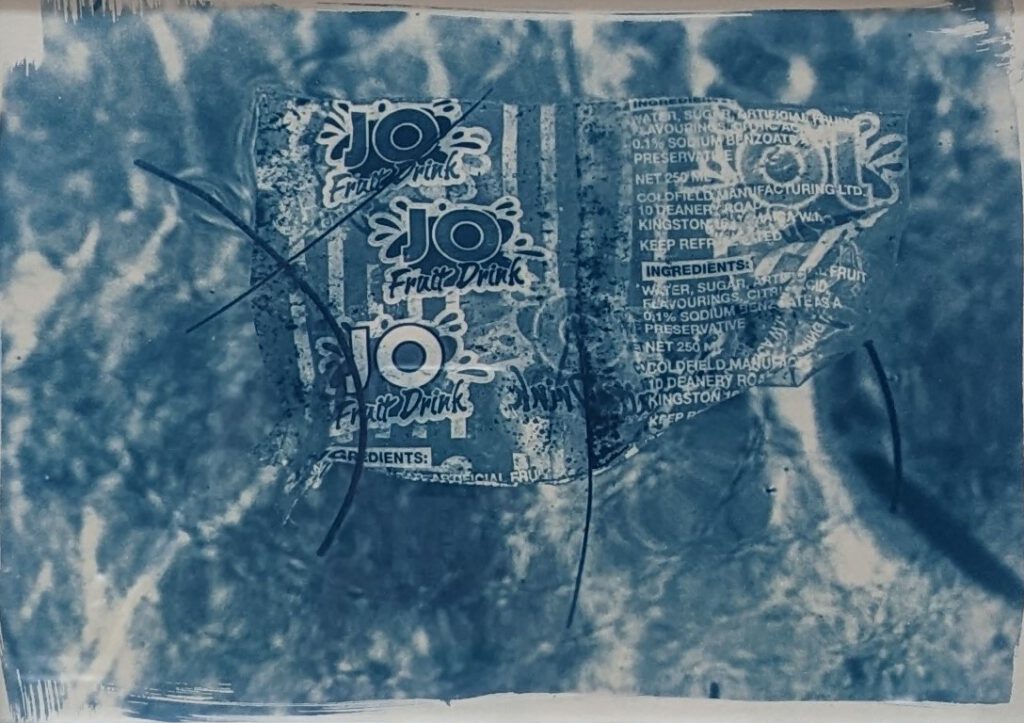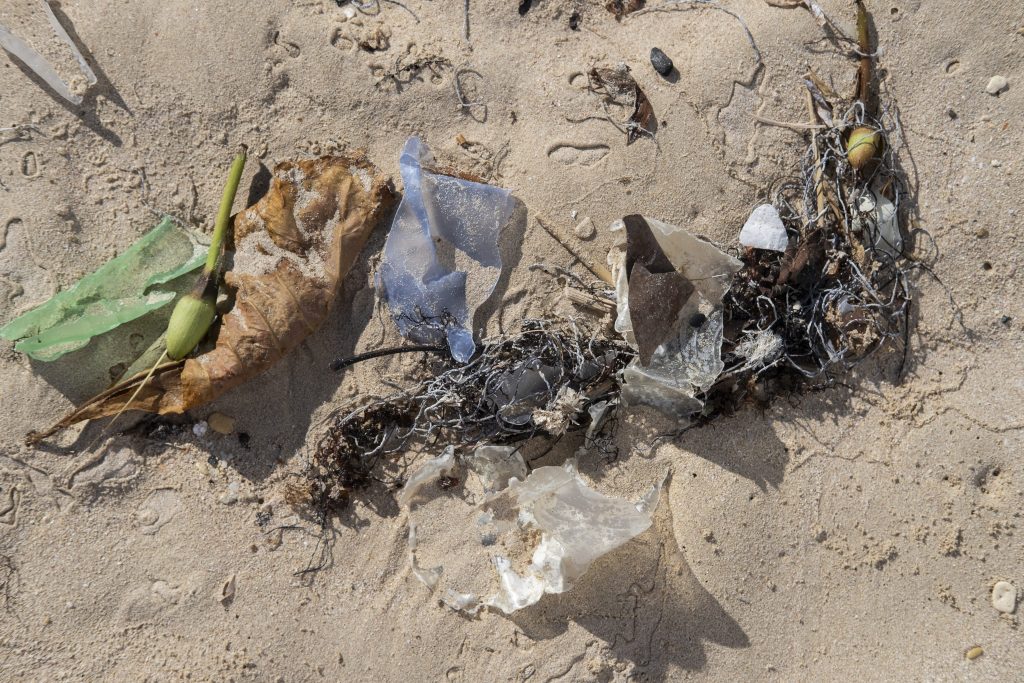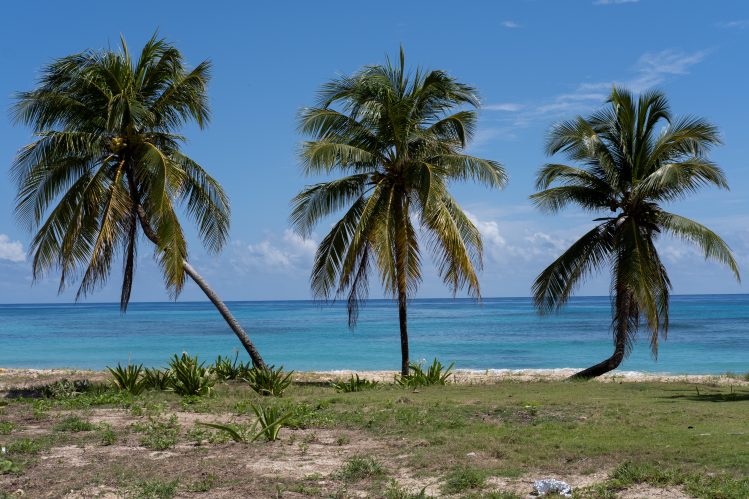THE SECOND IN A SERIES OF SHORT EXHIBITIONS THROUGHOUT THE SUMMER CELEBRATING THE SEA AND SHORELINE OF OUR COASTS
TIDES IN COMMON
Presented as volume one of a new series of photographs including cyanotypes (blueprints) that explore the issue of marine plastic pollution impacting coastal communities around the world.
“This series aims to open up a conversation about this global issue and highlight the common aspects of this problem that affect countries worldwide, especially those in the Global South. It addresses the rising tide in our oceans—a tide of waste composed of everyday items that are common to us all. These items could be found on any beach; the products are the same, although sometimes the brands and text reflect the countries of the plastic’s origin. This is a tide that never recedes, and in places like Cornwall, Jamaica, and other parts of the world, we have largely started to accept it. Its visibility has become so common that microplastics embed themselves as if they were always there, the plastic artfully intertwined with seagrass or other debris, creating a sometimes artistic shoreline.
I became conscious of marine plastic pollution while living in Jamaica during the pandemic. It became a source of solitary walks along an enormous stretch of beach on Jamaica’s north coast, in a parish called Portland. I am interested in using these blueprints to help unite us in this sadly common cause. As a Global North country, it seems right to consider the disproportionate release of plastics from our nations, especially considering that smaller countries may not have the same level of resources and that the impact may be greater on small islands such as those in the Caribbean due to economic and environmental reasons.
Plastic pollution contributes to broader global issues such as climate change, loss of biodiversity, and public health crises. The production and breakdown of plastics release greenhouse gases, exacerbating global warming. Marine life is severely impacted by ingestion and entanglement in plastic debris, leading to loss of biodiversity. Additionally, the presence of microplastics in the food chain poses significant health risks to humans.
I intend to continue this series and share work from different countries in different countries in an ongoing project. The goal is to seek a unifying and reflective way to ensure we do not ignore what washes up on our shorelines. It calls on us to go beyond the ‘picturesque’ and look harder at our shorelines.”
Tracey Thorne
Tracey Thorne (b1971) was born in Cornwall and grew up near Camborne. She is a Midlands-based photographer and photographic artist, living in Birmingham. Tracey has been making work in Jamaica since 2018 and is interested in themes connected to place, the environment, and the legacies of British colonisation.
https://www.instagram.com/traceyathorne




